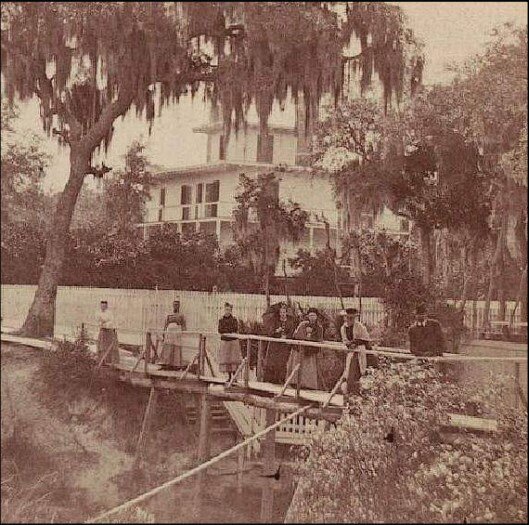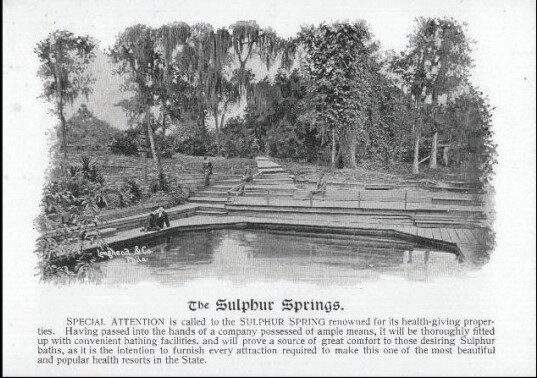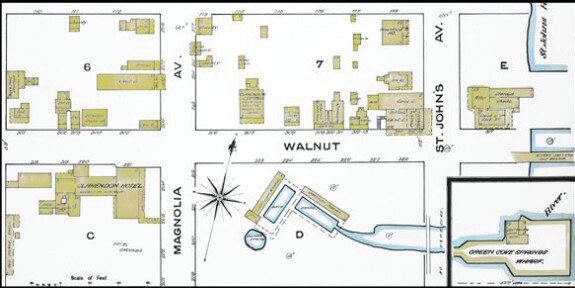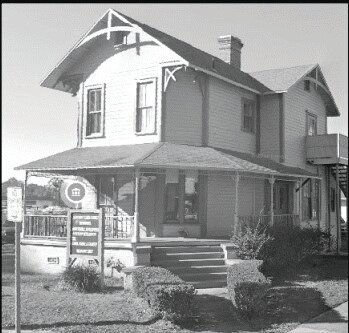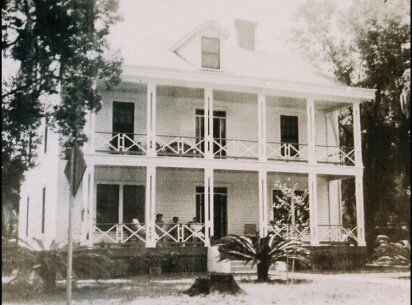Celebrating Clay County History: Winter in the spring
CLAY COUNTY – The winds of the Civil War had barely died when tourists began flocking to Green Cove Springs. The feel of the relatively warm spring waters beckoned them.
At first, they came …
This item is available in full to subscribers.
Attention subscribers
To continue reading, you will need to either log in to your subscriber account, or purchase a new subscription.
If you are a current print subscriber, you can set up a free website account and connect your subscription to it by clicking here.
If you are a digital subscriber with an active, online-only subscription then you already have an account here. Just reset your password if you've not yet logged in to your account on this new site.
Otherwise, click here to view your options for subscribing.
Please log in to continueDon't have an ID?Print subscribersIf you're a print subscriber, but do not yet have an online account, click here to create one. Non-subscribersClick here to see your options for subscribing. Single day passYou also have the option of purchasing 24 hours of access, for $1.00. Click here to purchase a single day pass. |
Celebrating Clay County History: Winter in the spring
CLAY COUNTY – The winds of the Civil War had barely died when tourists began flocking to Green Cove Springs. The feel of the relatively warm spring waters beckoned them.
At first, they came for the “water cure.” Normally, spring water feels frigid to Floridians in the summer, but when the air is colder than the water temperature, the spring feels warm, and tourists loved it.
The townspeople even changed their name to beckon tourists to the spring, hence the name Green Cove Springs. Dr. Joseph Applegate built the Clarendon Hotel near the Spring Boil around 1872. Today, City Hall sits where the hotel once stood.
The good doctor was from Indiana and was assigned to Florida in 1867 after the Civil War. He worked at the Freedmen’s Bureau when it was at the nearby Magnolia Hotel during Reconstruction. He later collaborated with John H. Harris to coordinate the Clarendon Hotel’s operations. While Harris managed the bottled water business from New York, Dr. Applegate lectured to those who sought the “cure” on the benefits of sulphur water. The “Water Cure Company” flourished thanks to Dr. Applegate’s lectures, prescribing, dispensing and shipping sulphur water from the spring in Green Cove to New York. Applegate and his wife, Jenny, resided in Cottage A of the hotel until his death in 1919. Cottage A is now the River Park House, a bed and breakfast next to City Hall.
When the Clarendon Hotel was destroyed by fire on April 3, 1904, the hotel was replaced by the Qui–Si–Sana Hotel. It stood from 1906 until the modern city hall was built. Several other hoteliers discovered the spring and our great Florida winter weather. They built a dozen hotels and boarding houses surrounding the springs.
But sadly, and for various reasons, those buildings don’t exist anymore. Wintering in Green Cove Springs became quite popular with wealthy northerners from places like Massachusetts, Philadelphia and New York. One of the more prominent of these visitors was the Borden Family of Borden’s Condensed Milk fame. The family owned several houses in the city and purchased a dairy out in the countryside. Penelope Borden’s home is still standing on Walnut Street and is the school district’s Professional Development Center.
When it came time for the county to build a new jail and courthouse, the Borden family donated the land those buildings stand on today (915 Walnut Street and 21 Gratio Place, at the Historic Triangle site). The 1890 Courthouse and 1894 Old County Jail are now decorated for the holidays, so stop by to see the lights in the oak trees if you drive through the city before Jan. 3.
The visiting women of the northern families who were here for the entire season formed the Village Improvement Association, the oldest women’s club in Florida. Their clubhouse is located at 17 Palmetto Ave. and remains the home of the VIA, where dozens of modern-day women continue to meet and promote community improvement projects and events.
The men of these same visiting families played golf, hunting and fishing. Both groups enjoyed the nature excursions the hotels offered, an early example of the beginnings of eco-tourism in our county. Some visitors loved it so much they retired here, just as they do today.
The spring pool isn’t open in the winter, but it was in those days. Now, the only winter visitor in the spring is the occasional juvenile manatee.


